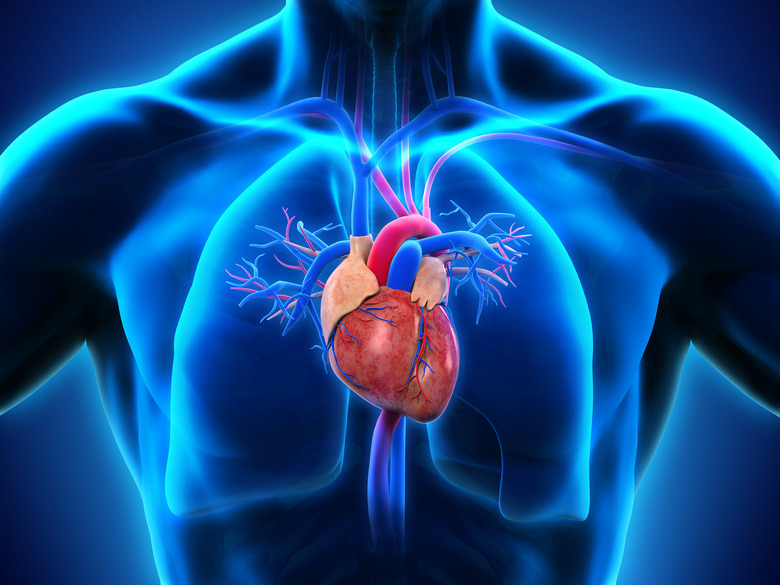Research Suggests Different Parts Of Your Body Age At Different Rates
When we think about aging, we often imagine it as a uniform process—our entire body growing older in lockstep. But new research posits that aging doesn't work this way. Instead, our organs age at different rates, creating a unique "biological age" for each part of our body.
Recent studies have highlighted how organ aging diverges dramatically. While chronological age ticks forward uniformly, biological age—the functional age of your organs—can vary significantly. For example, your heart might function like that of a much older person, while your brain could remain remarkably youthful. This discrepancy is driven by molecular changes unique to each organ.
Scientists have developed advanced tools like "aging clocks" to measure biological age. These biological clocks analyze protein markers in blood samples that originate from specific organs. By studying these markers, researchers can identify how our organs age and whether someone is, for example, a "heart ager" or a "brain ager."
This uneven aging process has profound consequences. A prematurely aged heart can increase the risk of heart failure by up to 250 percent. Similarly, people with "old" brains are more than three times as likely to develop Alzheimer's disease. On the other hand, individuals with youthful brains are less likely to suffer from dementia and tend to live longer.
Moreover, how our organs age appears to be interconnected. Early aging in one organ might release biochemicals that can accelerate aging in others, the researchers note in their study. This suggests that targeting fast-aging organs could potentially slow aging across the body.
By identifying which organs are aging fastest, we might be able to tailor lifestyle changes or medical treatments to slow the process. A future where we manage aging organ by organ could enhance not only how long we live but also how well we live.
This nuanced understanding of aging is yet another reminder that our bodies are a collection of systems, each with its own timeline. By focusing on the unique aging patterns of our organs, scientists may finally be able to unlock ways to stop or even reverse aging.
